Work with intent: The new science of AI job redesign

Dr Autumn Krauss of SAP SuccessFactors urges HR leaders to harness AI not just for efficiency, but to strengthen work meaning.
Stop fixing systems, start unlearning: An HR leader’s guide to futureproofing talent
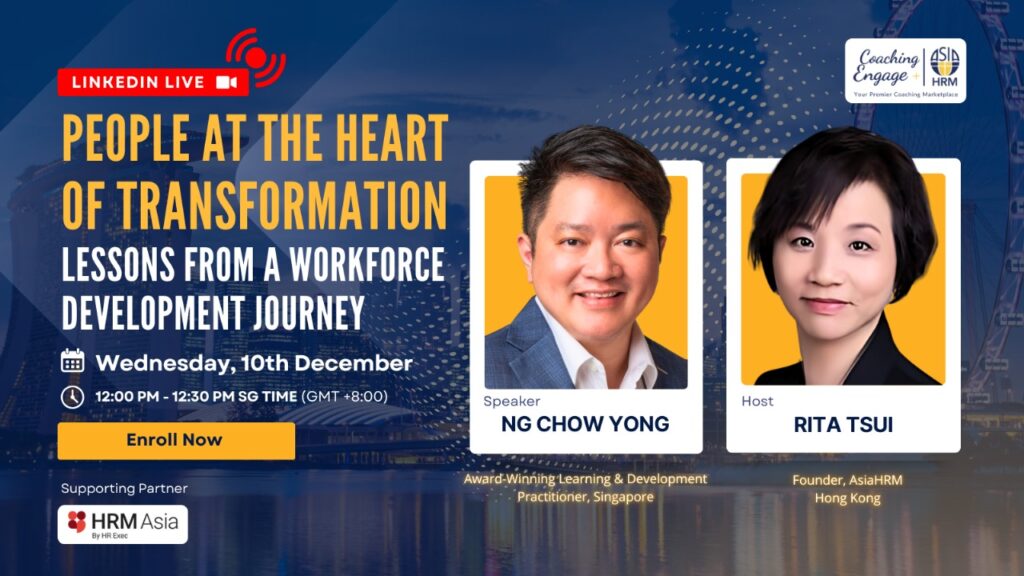
Behind every successful transformation is HR guiding people to unlearn, relearn, and build the capabilities needed to navigate change.
The 2026 HR paradox: AI integration demands a deeper focus on humanity

In 2026, HR’s greatest challenge—and opportunity—will be merging advanced AI with the human qualities that sustain trust, culture, and performance.
The multi-stage career: Redefining longevity, purpose, and flexibility in the modern workforce
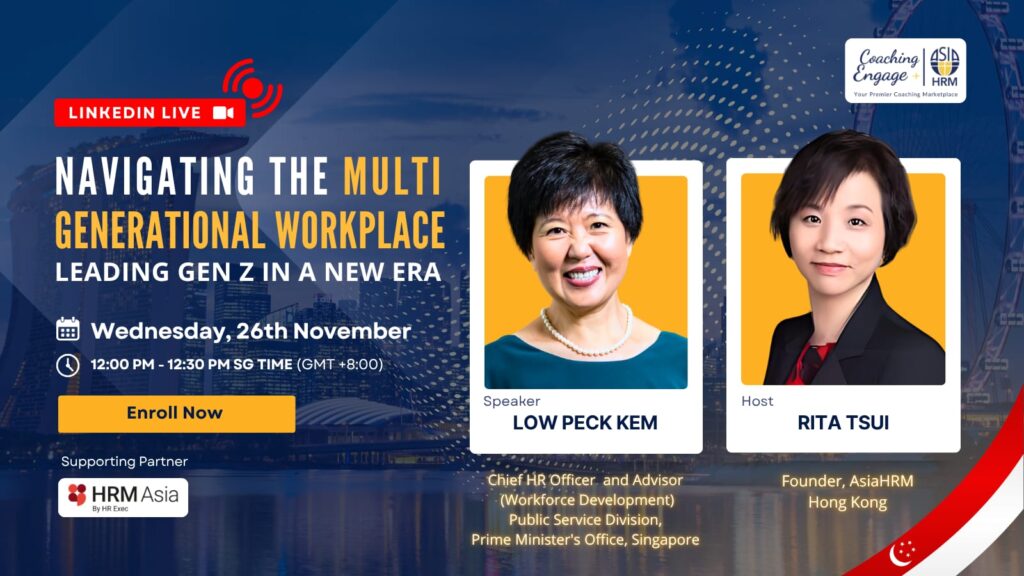
Low Peck Kem examines how organisations must rethink careers, flexibility, and leadership to engage Gen Z and thrive in a multigenerational workforce.
AI is transforming business. How do future careers begin?
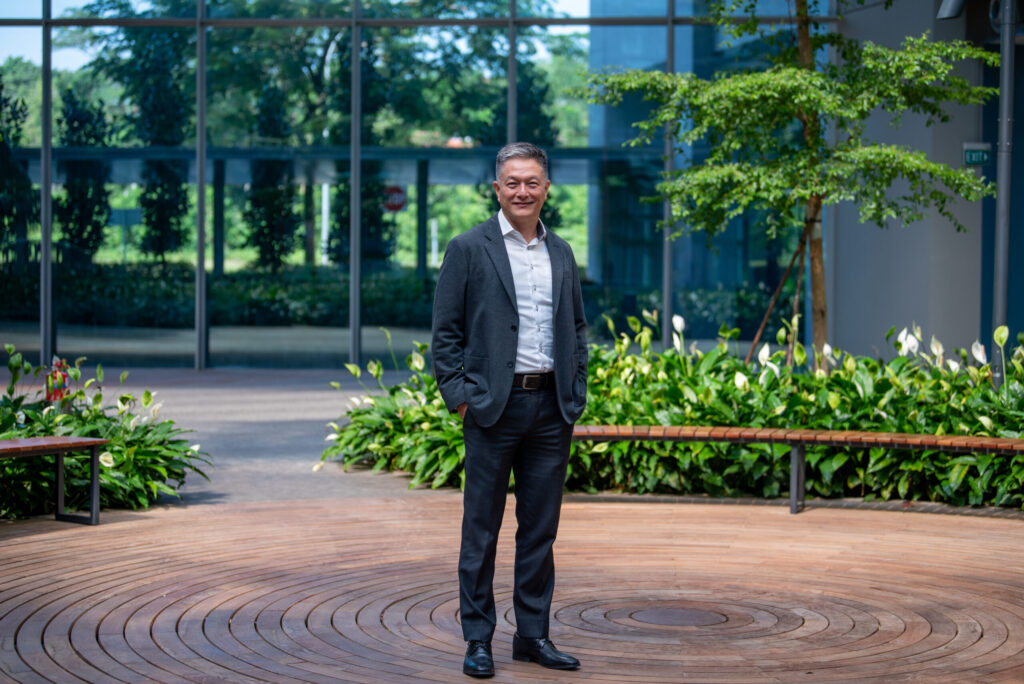
Automation is accelerating across Asia, but as digital systems take over foundational tasks, organisations risk losing the early-career roles that once built future leaders.
AI reshapes workforce: Two-thirds of organisations expect steep decline in entry-level hiring

AI adoption is rapidly reshaping global workforces, slowing entry-level hiring and intensifying skills shortages as organisations race to redesign roles and reskill talent.
Amplifying talent, not replacing it: A new vision for AI in corporate services

While many corporate service organisations are cutting headcount to fund AI investments, forward-thinking organisations are taking a different path, one where technology empowers people rather than replaces them.
Why HR leaders must ‘walk the talk’ to bridge the AI tech-savviness gap
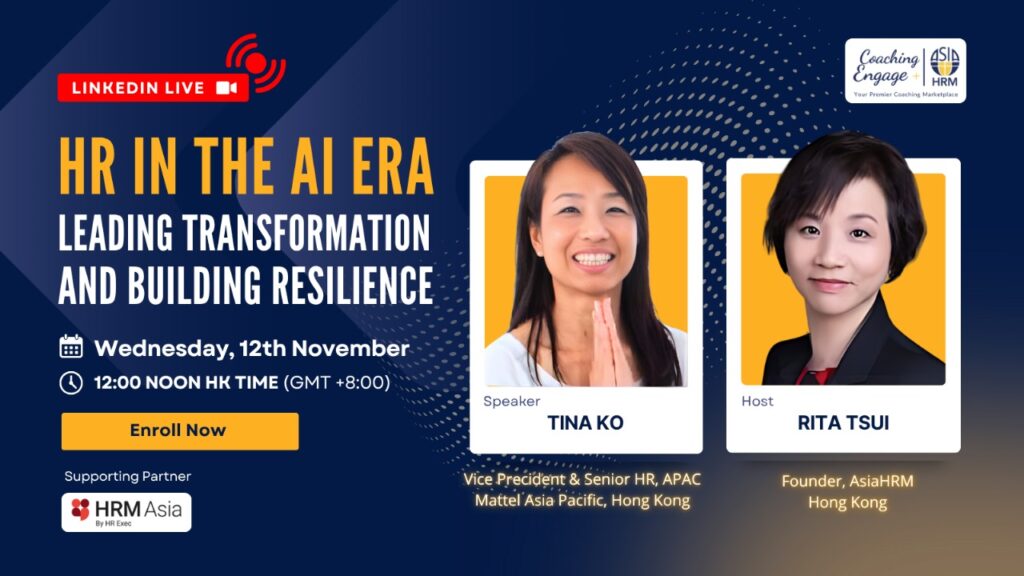
In the latest Asia HR Leaders Live Series, Mattel’s Tina Ko outlined how HR leaders can balance AI adoption with people-centric change management.
Why is change management keeping HR up at night?

At LinkedIn’s recent conference, Jay Shetty and Thasunda Brown Duckett explored what modern HR-led change management should look like.
SAP Connect 2025: SAP positions AI as a ‘teammate’ for employee agility and growth
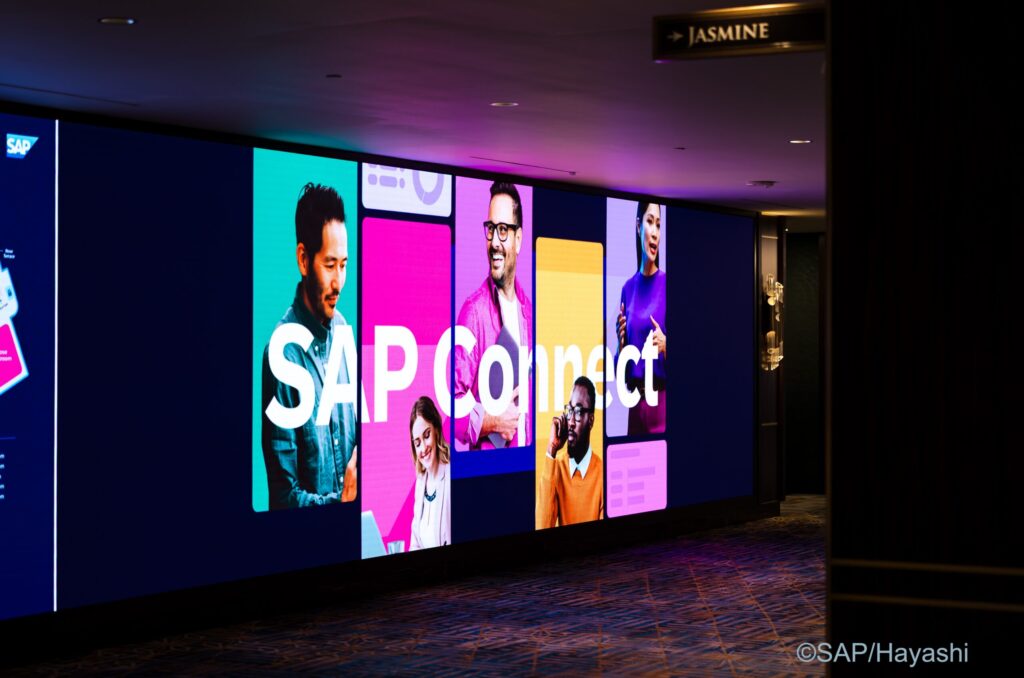
The future of work came into focus at SAP Connect 2025, where AI, data, and apps empower smarter, faster business.
Five insights on the real impact of AI transformation, from Josh Bersin
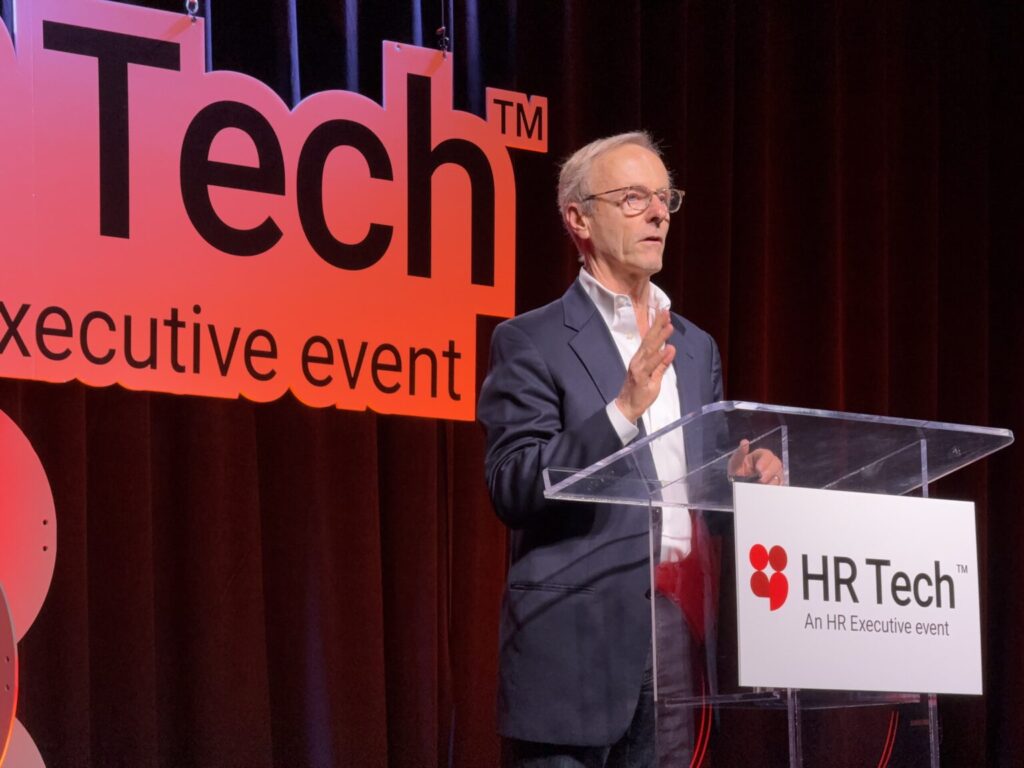
In his closing HR Tech keynote, industry analyst Josh Bersin said AI transformation is presenting HR with critical opportunities—and challenges.
IBM CHRO: AI is giving HR its ‘time in the sun’
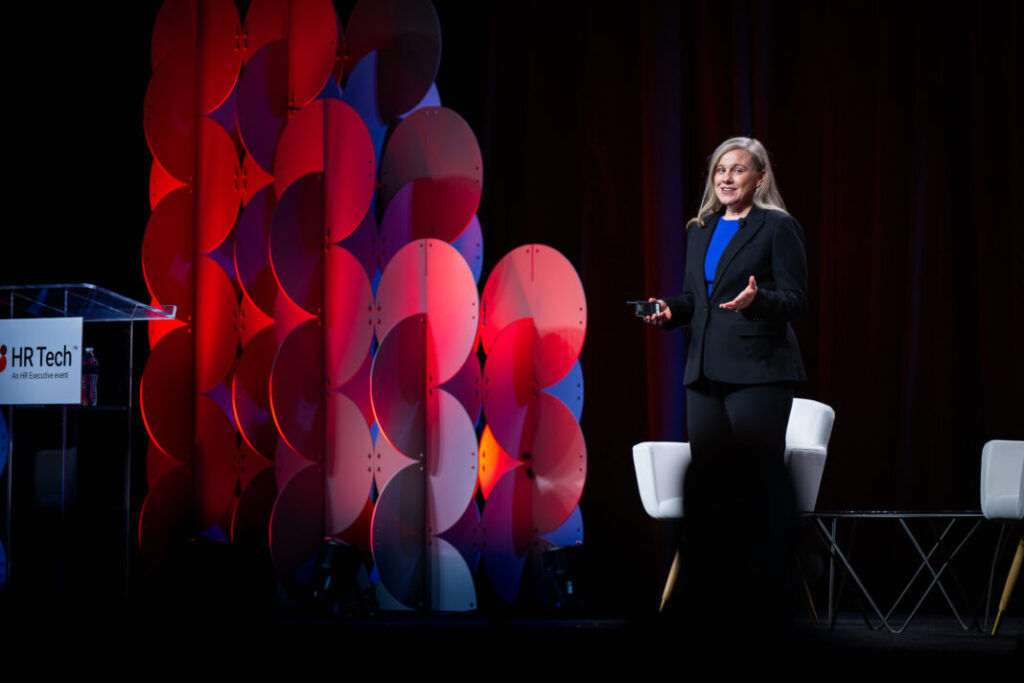
IBM’s AI in HR journey was a “rocky road,” but one that has highlighted the transformative power the tech is having on HR’s capacity for strategic leadership.
Agentic AI in HR: Unpacking the hype and addressing the uncertainty

Despite pressure to unleash agentic AI in HR, uncertainty remains. Gartner’s Eser Rizaoglu explores how HR can maximise the potential of the emerging tech, without getting swept up by the buzz.
Grey matters: Why older employees are essential for talent success

Lorrie Lykins of i4cp says an agile talent strategy must include older employees—not as a nice-to-have—but as an irrefutable business necessity.
Growth mindset in action: Unilever International pioneers a new era of AI-powered leadership
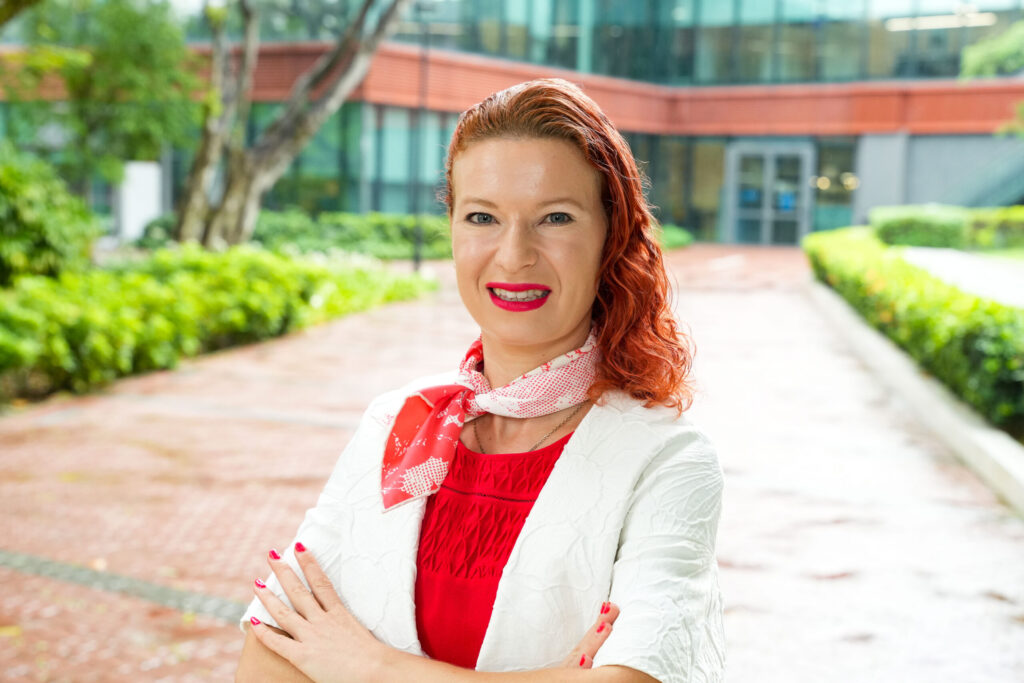
What if technology didn’t replace people, but made them unstoppable? Larissa Murmann is making it happen at Unilever International.
AI in HR: Transforming hiring, skill mapping, L&D, and ROI

From screening millions of profiles to skill mapping and learning, AI is fundamentally transforming how HR manages talent today.
Can an algorithm build trust? Lightstorm’s CPO on the future of human connection at work

Lightstorm’s Global CPO Kelvin Kong discusses a future where AI-powered mentorship scales leadership development without sacrificing trust and empathy.
Global growth, simplified: Navigating cross-border expansion with confidence

Start-ups are scaling beyond borders, but doing so responsibly means building global teams with the right infrastructure, strategy, and support.
Culture as a business imperative for high performance

Culture has emerged as the defining edge for organisations seeking to stay agile, competitive, and resilient in a rapidly evolving world.
Day 2 of HR Tech Asia 2025: Rethinking talent, work, and the human element
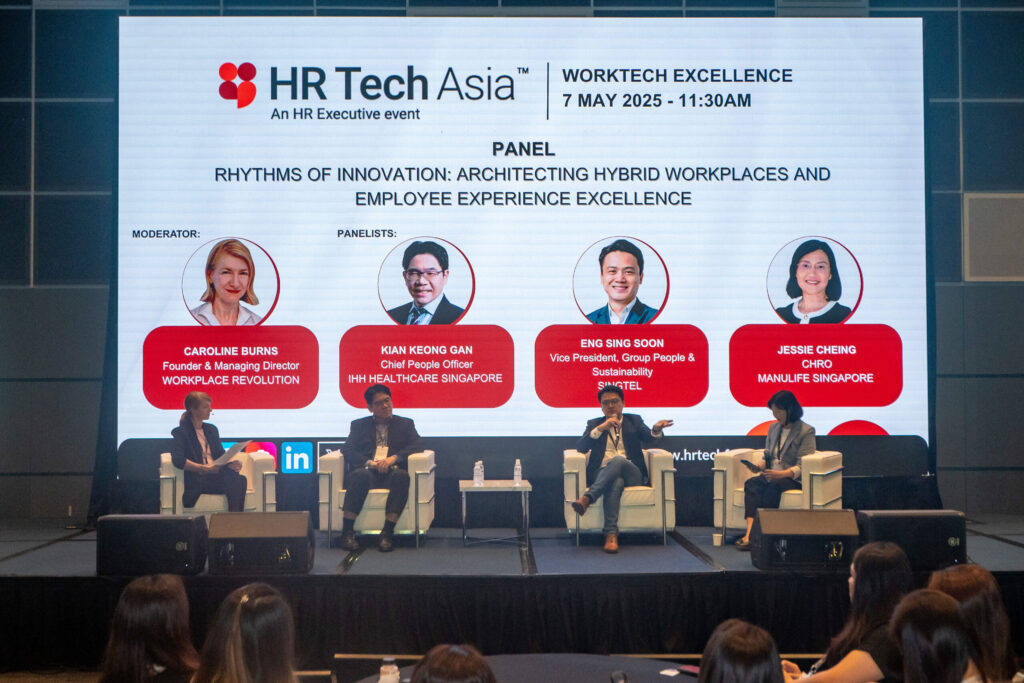
HR Tech Asia 2025 spotlighted empathy, agility, and purpose as key drivers of transformative talent strategies and future-ready workplaces.
HR Tech Asia 2025: Power Talks to tackle future of work challenges
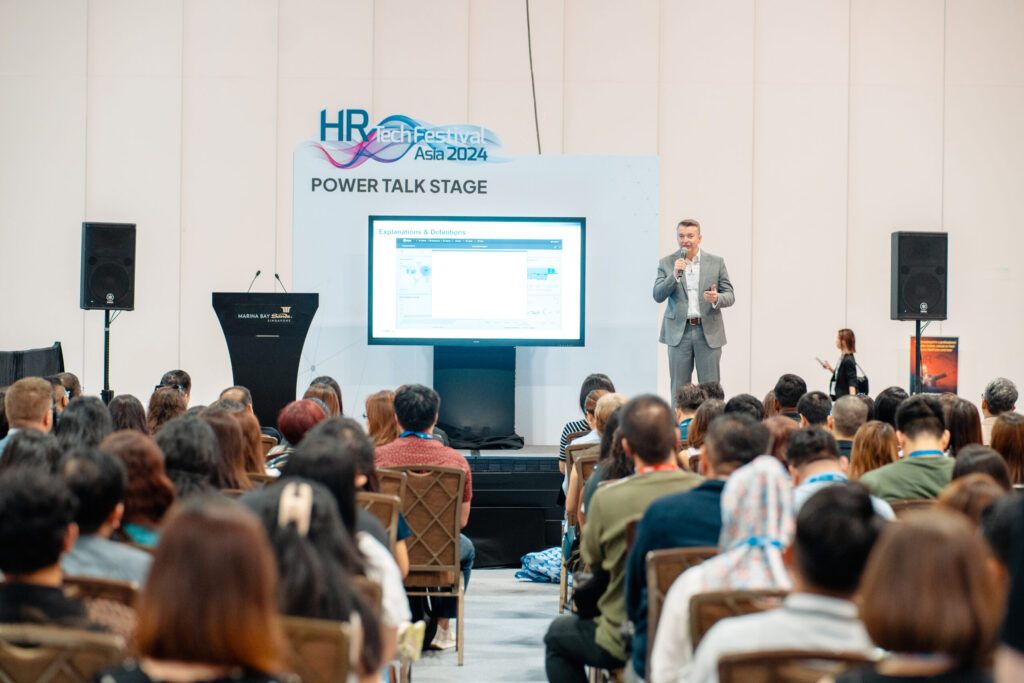
Discover cutting-edge HR strategies and game-changing ideas at HR Tech Asia 2025’s Power Talk Stage—where innovation meets action.
Organisational design: How HR can solve the talent problems of tomorrow

As key leaders, CHROs must build a resilient organisational design to drive adaptability through targeted talent strategies.
From stage to strategy: How theatre inspires leadership and innovation in business
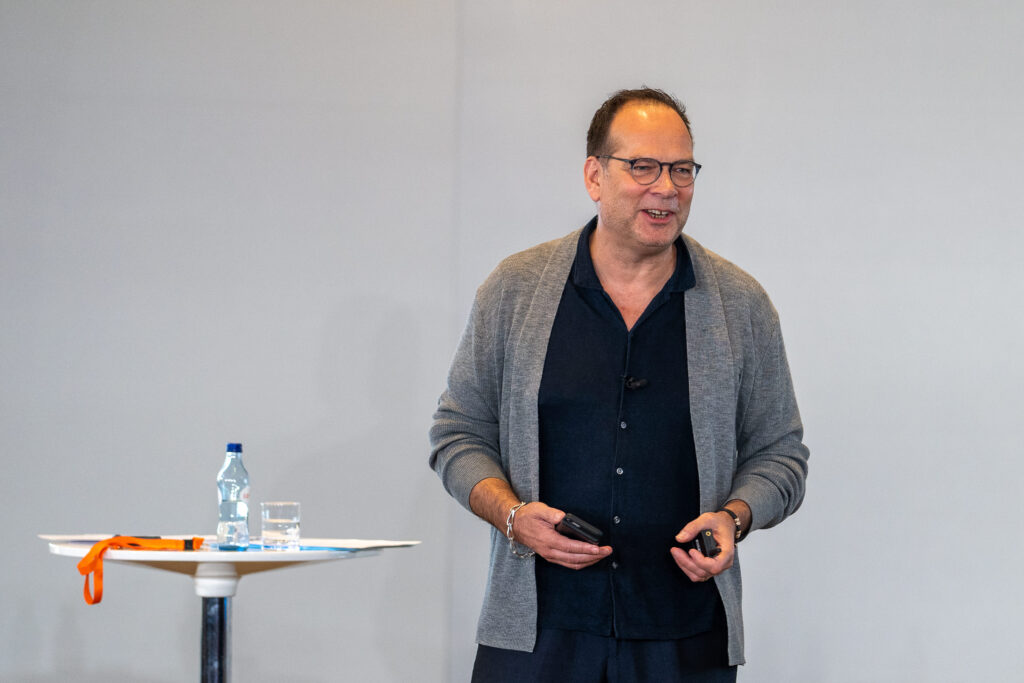
Leadership and organisational development gain fresh inspiration as Just Add Water’s Jeremy Sturt unveils transformative lessons from the theatre world.
Driving workforce transformation: HR Tech Asia 2025 puts the future of talent in focus
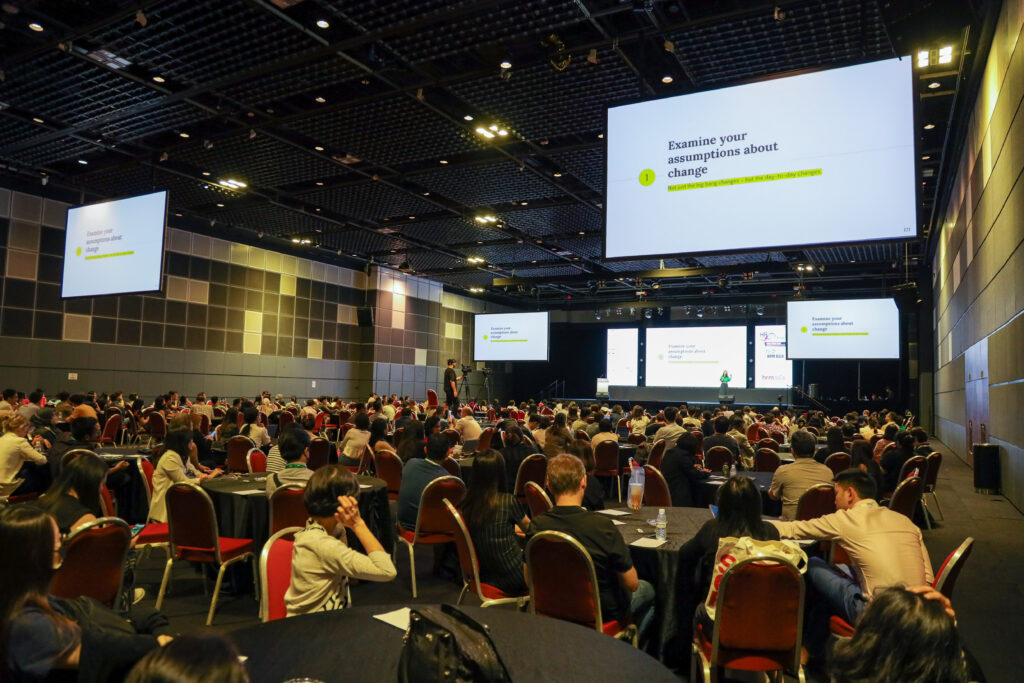
HR Tech Asia 2025’s Workforce Transformation track offers transformative insights on strategic talent management and building future-ready organisations.
Developing middle managers: How HR can support these overworked leaders

Today’s middle managers are facing unprecedented challenges that threaten both their effectiveness and wellbeing.
HR Tech Asia 2025: Transforming C-Suite leadership for tomorrow’s workforce
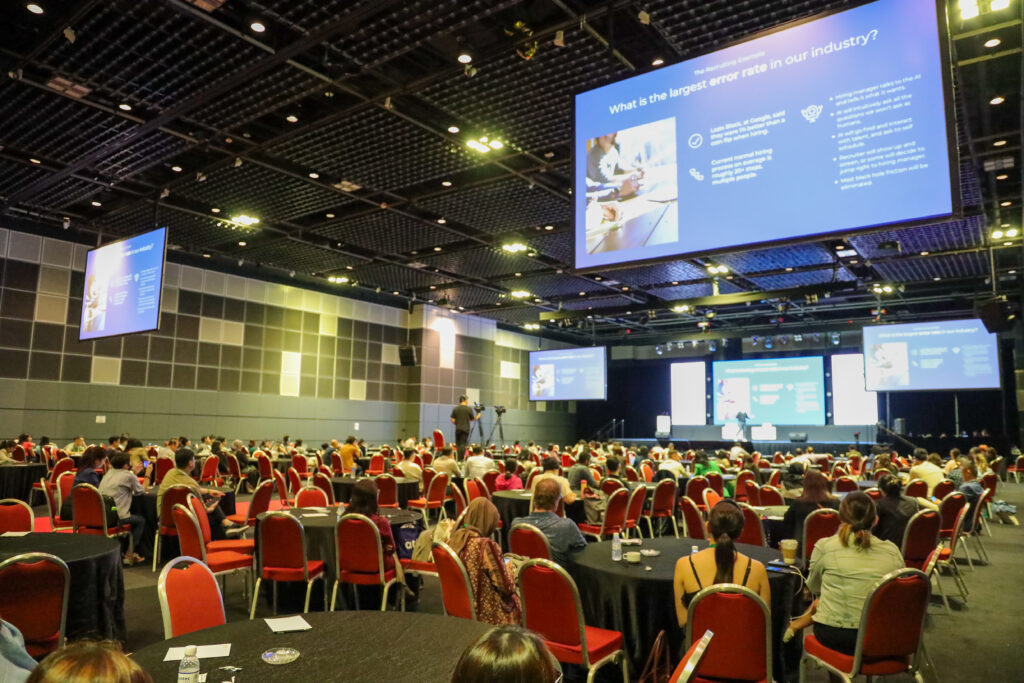
Elevate leadership at HR Tech Asia 2025, where the C-Suite Leadership track focuses on aligning strategy, collaboration, and impact.
Josh Bersin explains: A strategy that breaks down workplace silos

According to the industry analyst, embedding AI into organisations can help dismantle silos by facilitating cross-functional collaboration.
Four steps to achieving transformative change in turbulent times

Amid rising uncertainty and heightened expectations for HR leaders, achieving transformative change is more difficult—yet necessary—than ever.
DBS invests in upskilling as AI alters contract roles
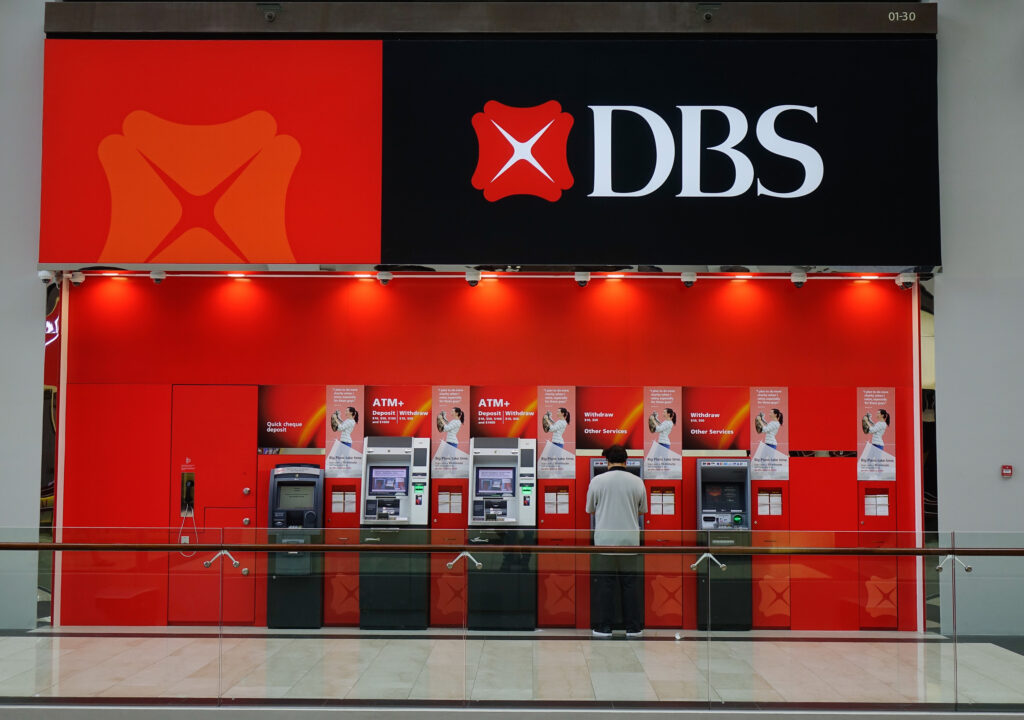
DBS plans to harness AI to enhance efficiency, reducing contract roles through natural attrition while investing in workforce upskilling.
Amazon and Accenture scale back DE&I efforts amid shifting corporate landscape

Amazon and Accenture are shifting DE&I strategies, integrating efforts into core business functions while scaling back standalone initiatives.
